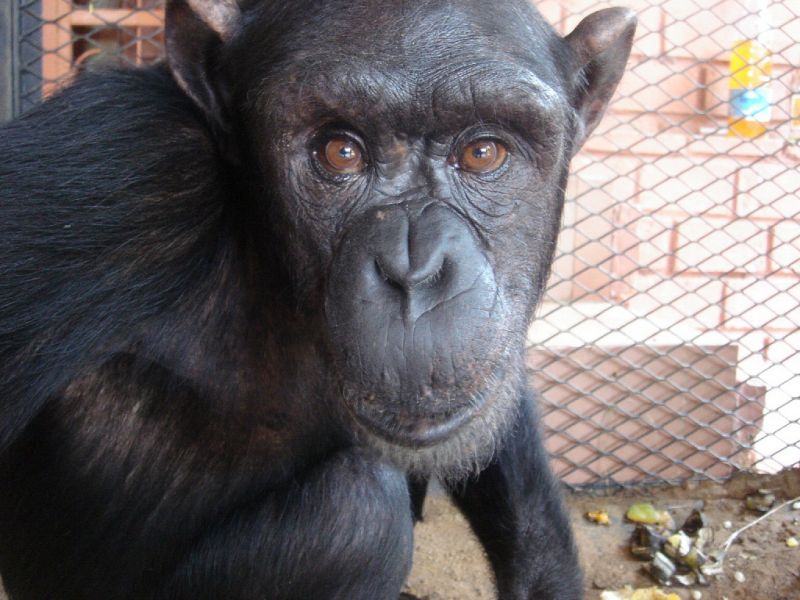This post courtesy BBC Earth and the Deadly 60 Team. For more wildlife news, find BBC Earth on Facebook and Posterous.
Waking at dawn and trekking into the forest to meet one of the most intelligent species on the planet is a dream for many people. And for Steve it was exactly that: A dream come true. But since chimpanzees have around five times the upper body strength of a typical human male, Steve had to tread carefully. Luckily, he had his trusty team and an experienced escort on side to ensure that this close up encounter was anything but deadly.
Chimpanzees are our closest living relatives and are likely the most intelligent non-human animal. In East Africa, the chimpanzee is found in the wild in Tanzania and Uganda, where Steve and the team went in search of them. Chimps are found in rainforests and wet savannas living in communities which can number anywhere from 10 to more than 100 individuals sharing a home range, which can cover thousands of acres. Chimps spend much of the time moving through the forest in search of fruiting trees, making them difficult to find and follow.
Here’s how our team tracked them down:
- The right location: They opted to go to Kibale National park, the most accessible of Uganda’s major rainforests.
- The right guides: The deadly crew were escorted by Uganda Wildlife Authority guides, who were familiar with the parks and the chimpanzees.
- Habituated chimps: Kibale is home to “habituated” chimps—meaning that they are used to seeing people and more likely to tolerate the team following and watching them.
- Monitored chimps: The habituated group are part of a scientific study in Kibale where field staff conduct daily behavioral observations on a group of about 50 chimpanzees. This meant our team could be taken to the chimps because the guides knew where they had spent the previous night.
Here are the other places in Uganda you can see and track chimpanzees through organized tours:
For more great tips and moving moments, check out the Deadly Diaries, direct from Steve and the Deadly 60 Team.









